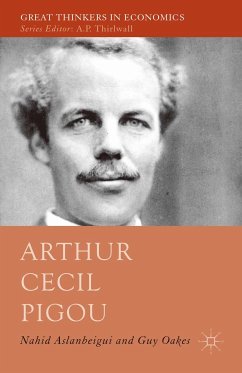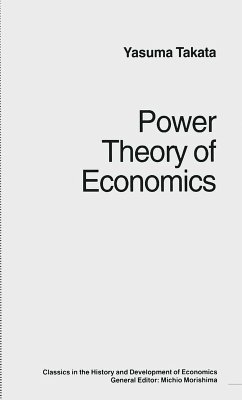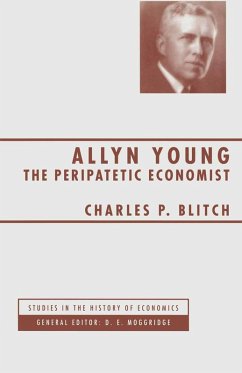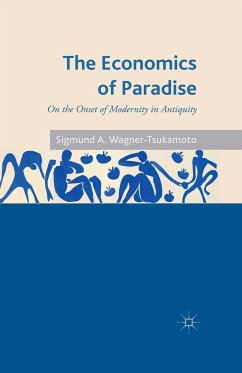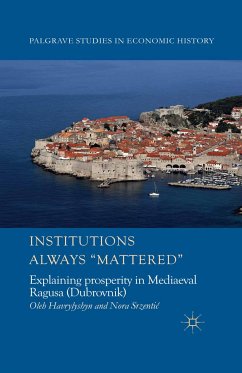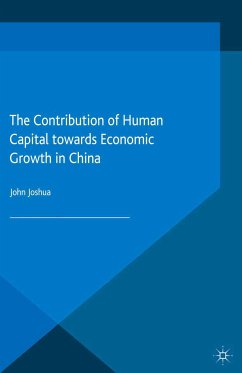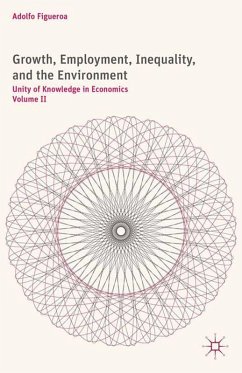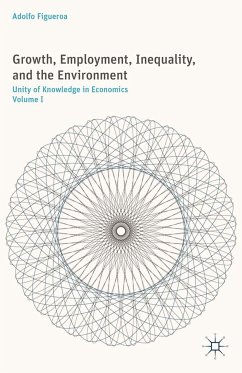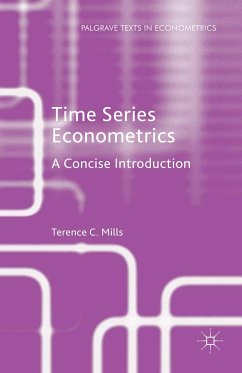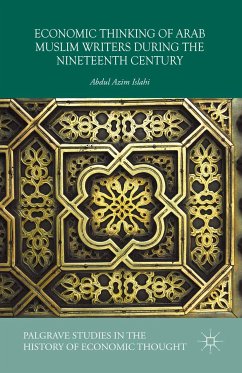
Economic Thinking of Arab Muslim Writers During the Nineteenth Century (eBook, PDF)
Versandkostenfrei!
Sofort per Download lieferbar
72,95 €
inkl. MwSt.
Weitere Ausgaben:

PAYBACK Punkte
36 °P sammeln!
Islahi explores the state of Arab Muslim economic thinking in the 19th century. Investigating the works of nine distinguished Arab writers from various fields, Islahi concludes that the intellectual, economic and Islamic awakening seen in the 19th century paved the way for the development of Islamic economics in the 20th century.
Dieser Download kann aus rechtlichen Gründen nur mit Rechnungsadresse in A, B, BG, CY, CZ, D, DK, EW, E, FIN, F, GR, HR, H, IRL, I, LT, L, LR, M, NL, PL, P, R, S, SLO, SK ausgeliefert werden.



